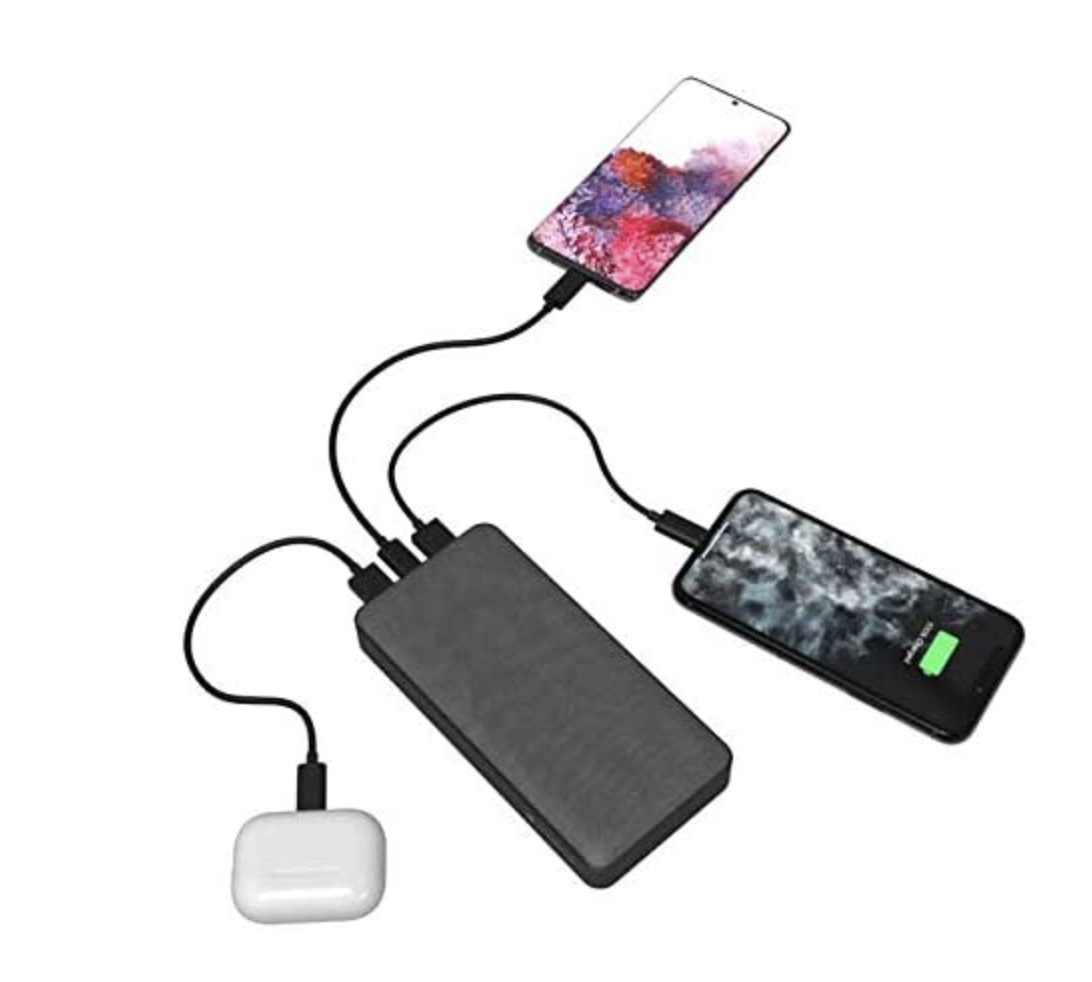With health and fitness becoming a top priority for many, wearable technology is revolutionizing the way we approach personal wellness. From smartwatches and fitness trackers to biometric sensors and smart clothing, wearable tech has the potential to empower individuals to take control of their health like never before.
Let’s explore some of the ways wearable tech is having a transformative impact on health and fitness, examining how these innovative devices are reshaping our lifestyles, motivating behavior change, and improving overall well-being.
The Rise of Wearable Tech
Wearable technology has come a long way since the early days of bulky pedometers and heart rate monitors. Today, wearable devices are sleek, stylish, and packed with advanced features that seamlessly integrate into our daily lives.
Whether it’s tracking steps, monitoring heart rate, analyzing sleep patterns, or providing real-time feedback during workouts, wearable tech has become an indispensable tool for health-conscious individuals looking to optimize their fitness routines and improve their overall health.
The popularity of wearable tech can be attributed to several factors. First and foremost is the increasing awareness of the importance of health and fitness in today’s society. With rising rates of chronic diseases such as obesity, diabetes, and heart disease, more people are seeking ways to lead healthier lifestyles and prevent illness.
Wearable tech offers a convenient and accessible solution, providing users with actionable insights and personalized feedback to help them achieve their health and fitness goals. Recent advances in technology have also made wearable devices more affordable, accurate, and user-friendly than ever before.
From GPS-enabled running watches to waterproof fitness trackers, there’s a wearable device to suit every need and preference. This accessibility has democratized health and fitness tracking, making it accessible to people of all ages, backgrounds, and fitness levels.
Empowering Individuals Through Data
One of the key benefits of wearable tech is its ability to collect and analyze data about our bodies and behaviors. By tracking metrics such as steps taken, calories burned, heart rate, and sleep quality, wearable devices provide users with valuable insights into their health and fitness habits. This data-driven approach empowers individuals to make informed decisions about their lifestyles, enabling them to identify areas for improvement and track their progress over time.
For example, imagine wearing a fitness tracker that monitors your daily activity levels and reminds you to take breaks when you’ve been sitting for too long. By visualizing your activity patterns and setting goals for steps taken or calories burned, you can gradually increase your physical activity and improve your overall fitness. Over time, you’ll start to notice improvements in your energy levels, mood, and overall well-being, all thanks to the power of wearable tech.
It’s not just about collecting data – it’s also about making sense of it. Many wearable devices come with companion apps or software platforms that analyze the data collected by the device and provide personalized recommendations and insights. These insights can range from simple tips for improving sleep hygiene to personalized workout plans tailored to your fitness level and goals. By leveraging artificial intelligence and machine learning algorithms, wearable tech can deliver truly personalized experiences that help users achieve better outcomes.

One of the most powerful aspects of wearable tech is its ability to motivate behavior change. By providing real-time feedback and encouragement, wearable devices can incentivize users to adopt healthier habits and stick to their fitness goals.
This gamification of health and fitness makes the journey to better health more engaging and enjoyable, turning everyday activities into opportunities for achievement and progress.
Many fitness trackers reward users with badges or virtual trophies for reaching milestones such as reaching a certain number of steps in a day or completing a certain number of workouts in a week. These small rewards can be surprisingly motivating, encouraging users to push themselves a little harder and stay committed to their goals.
Over time, these small victories add up, leading to meaningful improvements in health and fitness. But it’s not just about competition – it’s also about accountability. Wearable tech allows users to track their progress over time and hold themselves accountable for their actions.
Whether it’s setting daily step goals, tracking food intake, or monitoring sleep patterns, wearable devices provide a constant reminder of the user’s commitment to their health and fitness journey.
Real-World Applications
The potential applications of wearable tech in the realm of health and fitness are virtually limitless. From monitoring chronic conditions such as diabetes and hypertension to optimizing athletic performance and recovery, wearable devices are transforming the way we approach healthcare and wellness.
Here are just a few examples of how wearable tech is being used in real-world settings:
Remote Patient Monitoring
Wearable devices equipped with sensors for monitoring vital signs such as heart rate, blood pressure, and blood glucose levels are revolutionizing the way patients with chronic conditions are managed. These devices allow healthcare providers to remotely monitor patients’ health in real time, enabling early intervention and preventing complications.
Personalized Fitness Coaching
Wearable devices paired with AI-powered coaching platforms are providing users with personalized fitness guidance and support. These platforms analyze users’ data to create customized workout plans, provide real-time feedback during workouts, and offer motivational messages to keep users engaged and on track.
Injury Prevention and Rehabilitation
Wearable devices equipped with motion sensors and accelerometers are being used to prevent injuries and aid in rehabilitation. These devices can track movement patterns and detect abnormal movements that may indicate increased risk of injury.
Stress Management
Wearable devices equipped with biofeedback sensors are helping users manage stress and improve their mental well-being. These devices measure physiological indicators of stress, such as heart rate variability and skin conductance, and provide users with feedback and relaxation techniques to help them manage stress more effectively.
Challenges and Considerations
While wearable tech holds great promise for enhancing health and fitness, it also presents challenges and considerations that must be addressed. One of the main challenges is data privacy and security. With sensitive health data being collected and stored by wearable devices, it’s essential to ensure that proper safeguards are in place to protect users’ privacy and prevent unauthorized access to their data.
Another challenge is data accuracy and reliability. While wearable devices have come a long way in terms of accuracy and precision, there are still limitations and discrepancies that need to be addressed. Factors such as device calibration, sensor placement, and user variability can affect the accuracy of data collected by wearable devices, leading to potential inaccuracies and misinterpretations.
Additionally, there are concerns about user engagement and long-term adherence. While wearable devices can be highly motivating and engaging in the short term, sustaining user engagement over the long term can be challenging. To address this challenge, wearable tech companies need to focus on designing experiences that are enjoyable, meaningful, and sustainable for users.
Wearable technology is revolutionizing the way we approach health and fitness, empowering individuals to take control of their well-being like never before. From tracking daily activity levels to monitoring chronic conditions, wearable devices offer a wealth of features and capabilities that enable users to make informed decisions about their health and fitness goals.
By leveraging the power of data, motivation, and personalization, wearable tech has the potential to transform lives, improve outcomes, and create a healthier, happier world.



